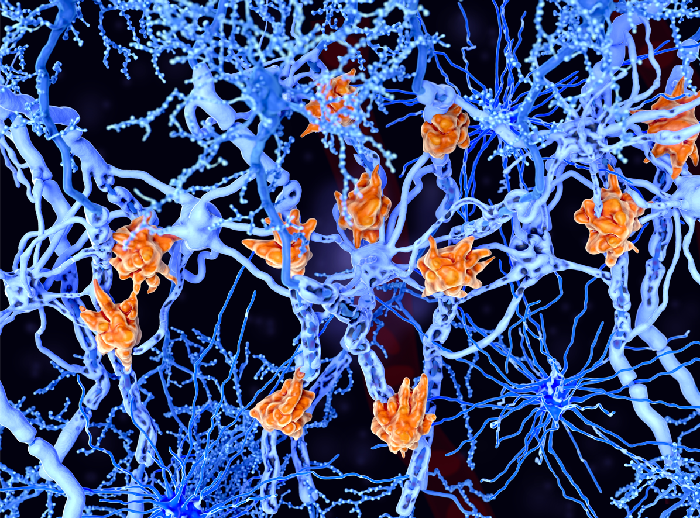Reaction: First genetic variant associated with severity of multiple sclerosis identified
An international team, involving researchers from Hospital Clínic-IDIBAPS and the Multiple Sclerosis Centre of Catalonia (Cemcat), has identified for the first time a genetic variant related to the progression of multiple sclerosis. It is located near two genes that had not previously been linked to multiple sclerosis. According to Stephen Sawcer, co-lead author of the study, "understanding how the variant exerts its effects on the severity of multiple sclerosis will pave the way for a new generation of treatments that can prevent disease progression". The results are published in the journal Nature.

Querol - Marcador (EN)
Luis Querol
Neurologist in the Neuromuscular Diseases Unit - Autoimmune Neurology - Neuromuscular Lab
Hospital de la Santa Creu i Sant Pau & Institut de Recerca Biomèdica Sant Pau, Barcelona
The aim of the study is very interesting, as it is to see if there is a genetic variant that is associated with the progression of multiple sclerosis. It draws on a large amount of genetic data from the International Multiple Sclerosis Genetics Consortium (IMSGC), which always gives the results a lot of weight.
However, there are many factors involved in the rapid progression to disability: the age of patients, habits, treatments used, even geographical variants. Some of these factors do not seem to have been taken into account, so new cohorts would be needed to control for these differences to see if the results are replicated.
On the other hand, there is the issue of biological plausibility, i.e. how a particular genetic variant can be explained as determining the progression of disability. The authors argue that the variant they find is located close to two genes that could be of interest. However, the relationship of these to disease severity has not been proven. One is the dysferlin gene, mutations in which can lead to muscular dystrophy, but which have not been associated with multiple sclerosis or central nervous system disorders. The other gene appears to be associated with the control of endogenous viruses, which has been linked to multiple sclerosis but not to its severity, and there are no experiments in the study to prove this.
Finally, although the results are statistically significant and the study has exploratory value, the hazard ratio is close to 1, which means that the clinical effect is small.
In summary, this is a study carried out by a very expert international group, based on a very large data set, which proposes, for the first time, a genetic factor contributing to the progression of the disease. In the future, it will be necessary to confirm in new cohorts whether other risk factors for progression are associated with this polymorphism and whether the mechanism involved has biological relevance, as purely genetic associations may be due to correlations with other factors that have not been taken into account.
Luis Querol has received research funding from the Instituto de Salud Carlos III - Ministerio de Sanidad (Spain), CIBERER, GBS-CIDP Foundation International, Fundació la Marató de TV3, Roche, Merck, UCB and Grifols. He has provided expert advice to CSL Behring, Novartis, Sanofi-Genzyme, Merck, Annexon, Alnylam, Biogen, Janssen, Lundbeck, ArgenX, UCB, LFB, Octapharma and Roche. He is principal investigator of UCB's CIDP01/CIDP04 trial and is a member of the advisory committees of Sanofi Genzyme's clinical trials in CIDP and Roche's clinical trials in autoimmune neuropathies.
International Multiple Sclerosis Genetics Consortium and MultipleMS Consortium.
- Research article
- Peer reviewed
- Observational study
- People



